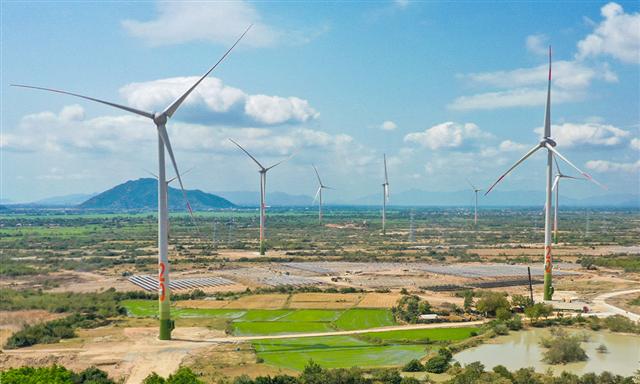Govt to regulate wood processing industry
Govt to regulate wood processing industry
Wood processors in Laos will be required to become members of an officially recognised association or group so they can be allowed to continue operating their businesses.
This will also enable the government to easily monitor and manage unauthorised or illegal wood processing practices.
The Lao Wooden Products and Lao Wood Furniture associations are the two main bodies involved in managing wooden products nationwide.
The associations are also members of the Lao National Chamber of Commerce and Industry (LNCCI).
To address the remaining unresolved issues, the Ministry of Industry and Commerce has drawn up plans to regulate and improve wood processing factories.
Speaking at the annual meeting of the ministry on Thursday, Deputy Minister of Industry and Commerce Mr Bounmy Manivong said wood products in Laos will need to undergo better processing to meet the demands of customers.
“In some cases, wood processors failed to meet the requirements of customer orders in terms of their design and the quality of the finished product,” he said, adding that a lack of skilled labour is also a problem.
He explained that many makers in Laos do not produce their own branded products, so are still unrecognised by regional markets.
The government still faces many unsolved issues in relation to the management of wood processing factories, as many of the major facilities illegally export timber instead of processed products.
“By doing so, the owners of these companies can earn revenue much more easily and don't have to deal with any legal procedures,” Mr Bounmy told the gathering on Thursday.
He said the ministry will continu e to inspect wood processing factories to ensure they meet the law and standards of the wood processing industry.
“Wood processing factories will be approved, no matter whether they are major factories or family handicraft businesses, because they have shown that they are doing the business they are registered for,” he said.
“Registered family businesses that are found to be much larger than their submission stated will, however, be required to change their status,” he added.
Mr Bounmy also stressed that factories located near to protection and production forest areas will be removed or closed.
A wood processing factory that is registered by a Lao person but operated by a foreign investor will also be regulated, he said.
“Some businesses that are registered as wood processing factories but are illegally buying and selling timber will also be cracked down on,” Mr Bounmy said.
He said substandard factories will be obliged to close permanently because they have already been given time to improve.
According to Mr Bounmy, Borikhamxay province will be used as the model for the initial implementation of the regulating scheme, which will be extended to other provinces later.
Deputy Prime Minister Somsavat Lengsavad, who is in charge of economic affairs in the field of products and goods distribution, chaired the meeting.
Minister of Industry and Commerce, Ms Khemmani Pholsena, deputy ministers, director generals, deputy director generals, deputy governors of provinces and industry officials across the country attended the meeting.














